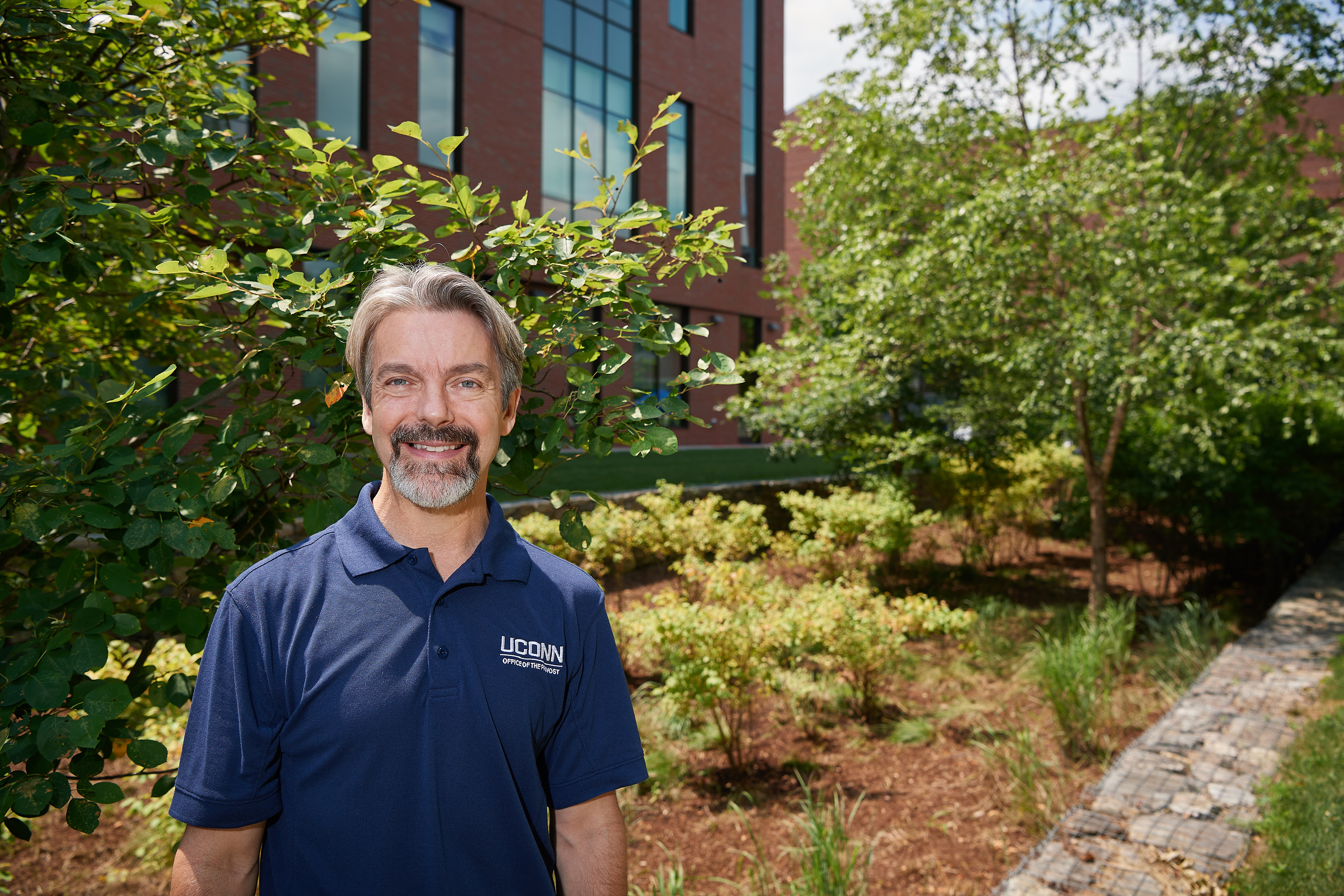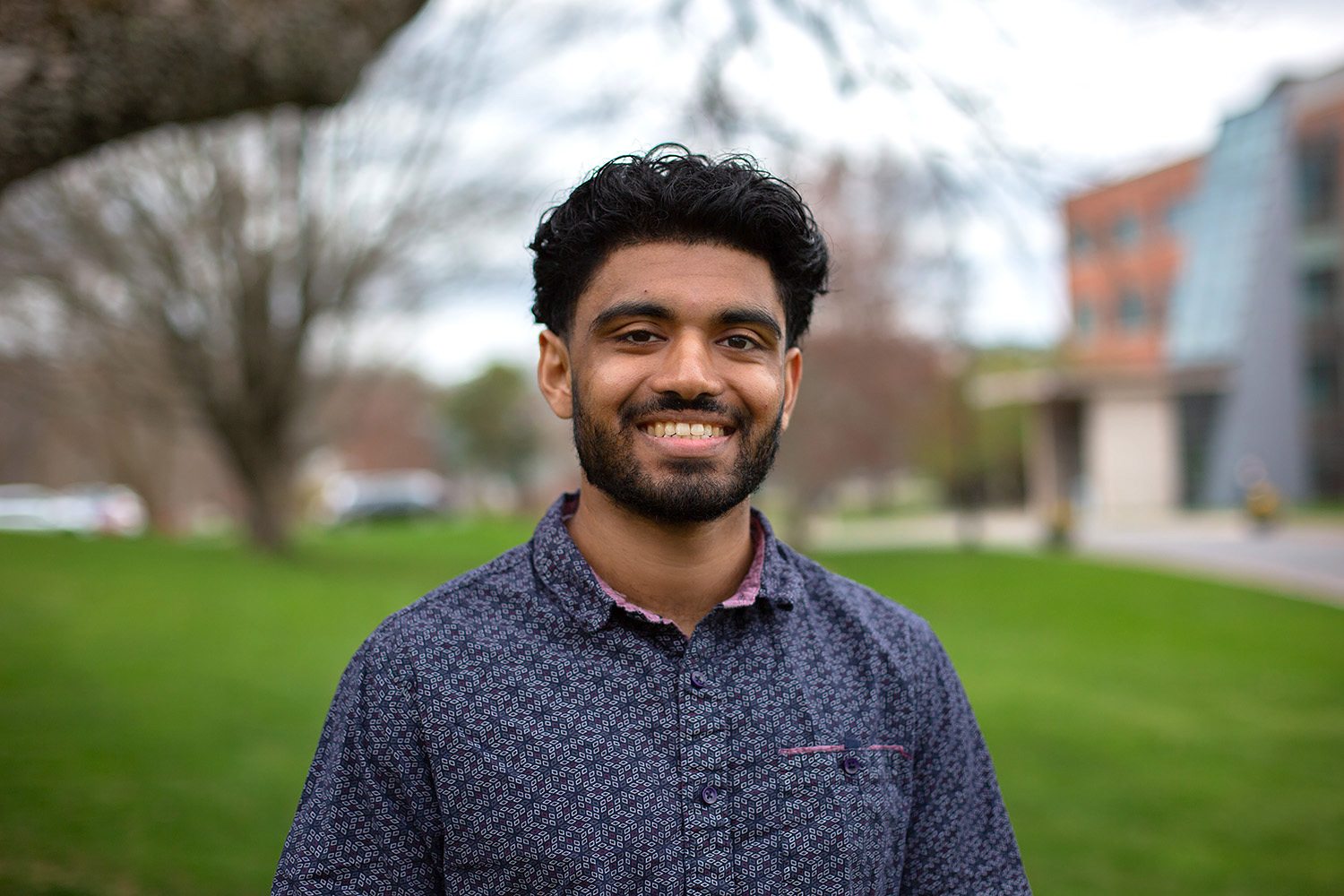“Environment,” “concern for the environment,” and “sustainability” are often considered to be important issues for voters. Unfortunately these concerns seldom translate into effective actions.
The economy, jobs, health care, terrorism, immigration, and the like typically trump environmental issues. Indeed, all of these issues are extremely important and have major effects on human well-being. But the issue that most greatly affects human well-being now and into the future is the health of the planet.
The relatively thin layer below and above the surface of our planet provides the environmental services that are critical for human survival and prosperity. Despite the environment’s integral importance, we often delay making the tough decisions that are necessary for the future well-being of our children and their children’s children. We politicize environmental concerns such as climate change for short-term gain, rather than working collectively toward environmentally sound and sustainable solutions.
UConn has long been recognized nationally for its leadership as a “green” campus. Many of our environmentally focused faculty members and academic programs are well regarded internationally, yet dispersed across multiple departments, colleges, and campuses. Nonetheless, when considered collectively, UConn ranks among the national leaders in advancing environmental research, education, and outreach. In a series of articles over the next several weeks, you will have a chance to glimpse some of the many areas in which UConn faculty, students, and staff attain environmental excellence, both here in the Nutmeg State and beyond.
According to a 2017 report “Climate Change in the American Mind,” up to 60 percent of Americans do not “believe” in human-caused climate change. In a setting like that offered by UConn, we should not shy away from discussions on climate change, no matter how frustrating they can be.
But there is a risk in focusing only on climate change when talking about environmental issues on the public stage. The larger national conversation about whether or not climate change is happening and if humans are to blame is so prominent that it is often the only environmental issue discussed on a large scale. We hear relatively little in public discourse about the devastating loss of biodiversity or of the importance of a healthy environment for providing essential ecosystem goods and services, such as clean water, crop pollination, flood control, renewable energy, and recreational opportunities.
We all depend on these goods and services. They ultimately sustain the vitality of our existence from the physical to the spiritual. Moreover, they include important environmental justice issues such as those witnessed in Flint, Michigan and Standing Rock, North Dakota.
This brings me back to UConn, where more than 1 in 5 faculty members conduct research related to the environment or sustainability, both globally and locally. In addition, recent grassroots efforts led by our students and faculty culminated in the University Senate establishing “environmental literacy” as a General Education Requirement. All of our students will now leave the University with a basic understanding and appreciation of the environment from diverse perspectives.
We are creatively developing solutions that address environmental sustainability, which the U.S. National Academy of Sciences calls one of the emerging grand challenges to face society in the 21st century. As you read the environmental series over the next several weeks, we hope you will come to appreciate that the university community is working on diverse and interdisciplinary approaches to environmental solutions through research, education, and outreach efforts that range from the local to the global scale. These articles represent just a sample of the environmental strengths across UConn’s colleges, schools, and programs – the realized efforts of countless faculty, students, and staff working toward sustainable solutions – acting locally to mitigate globally.
This post is part of a series about the effects of climate change on Connecticut. Other posts in the series include: Nature and Knowledge at Our Doorstep; Preserving Green Spaces in Connecticut’s Changing Landscape; Connecticut’s Forests Today a Far Cry from Towering Giants of Old; Camera Traps, Citizen Science, Help Track State’s Animal Populations.
Listen to the writer, Elaina Hancock, discussing the climate change series with the UConn 360 podcast:



